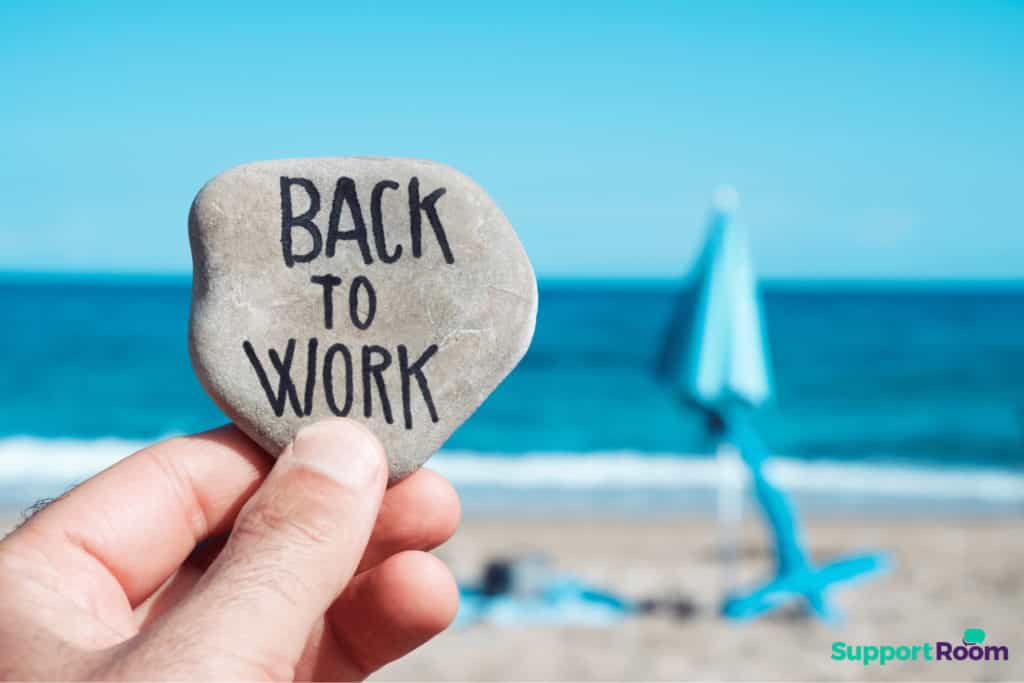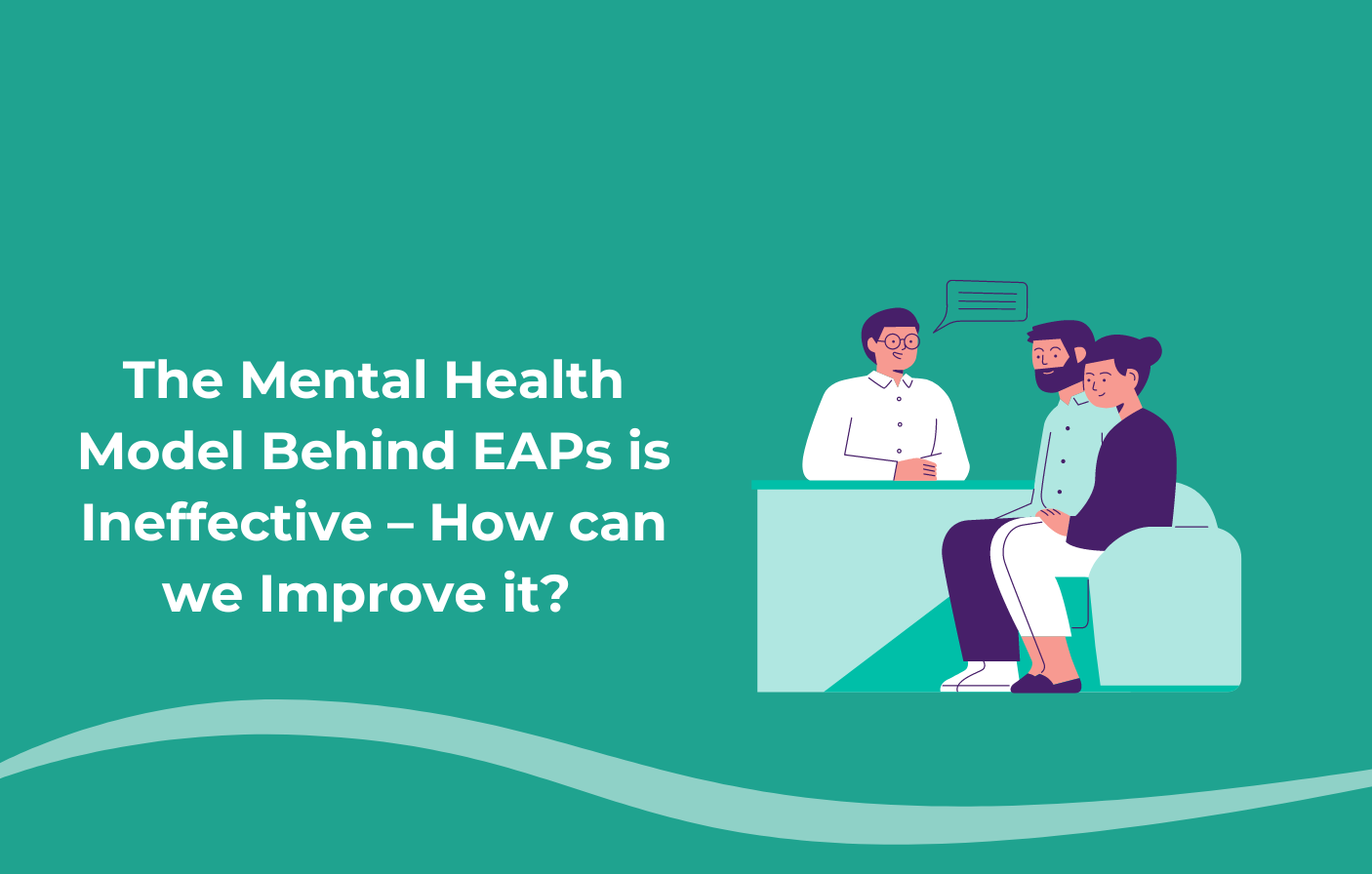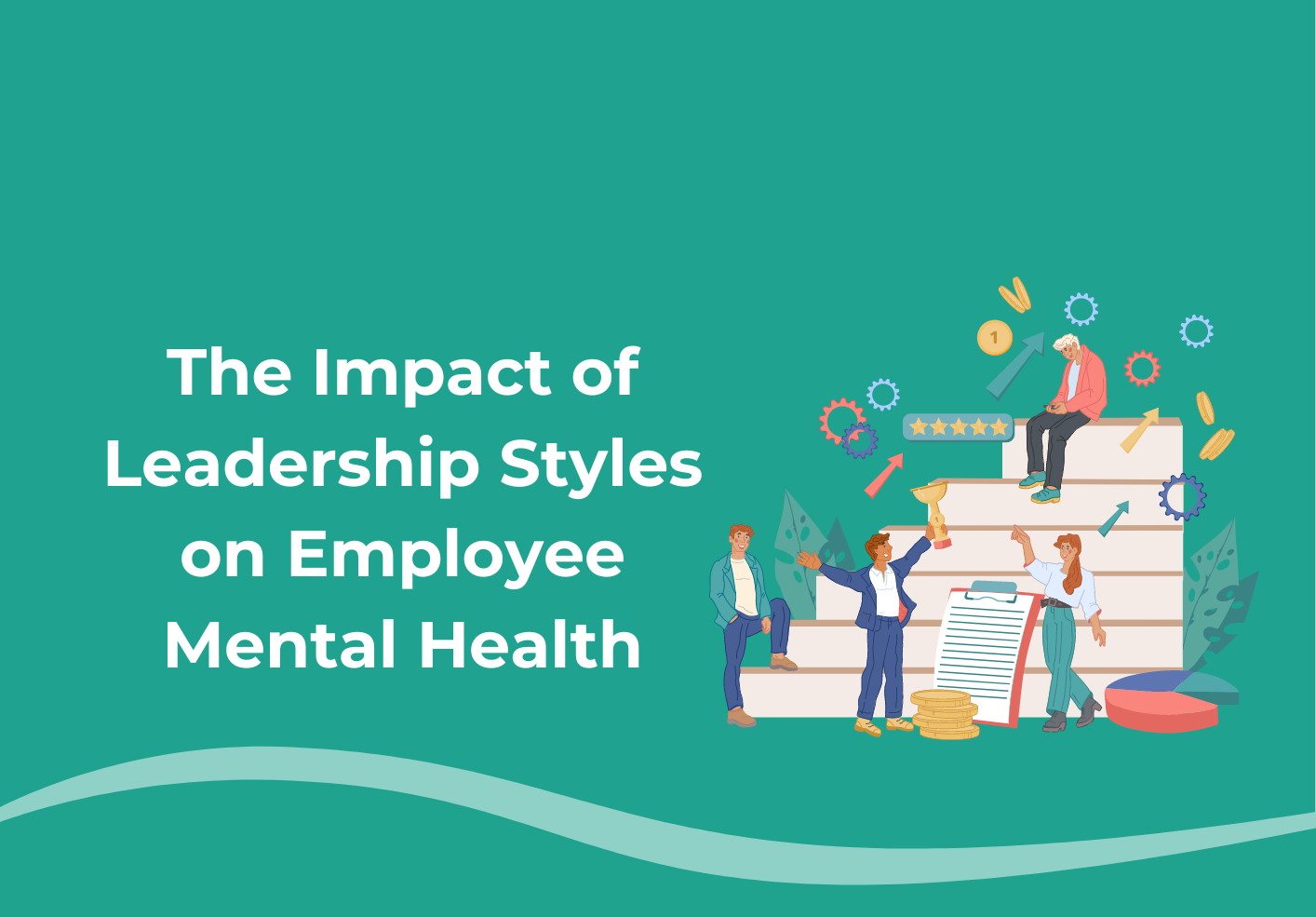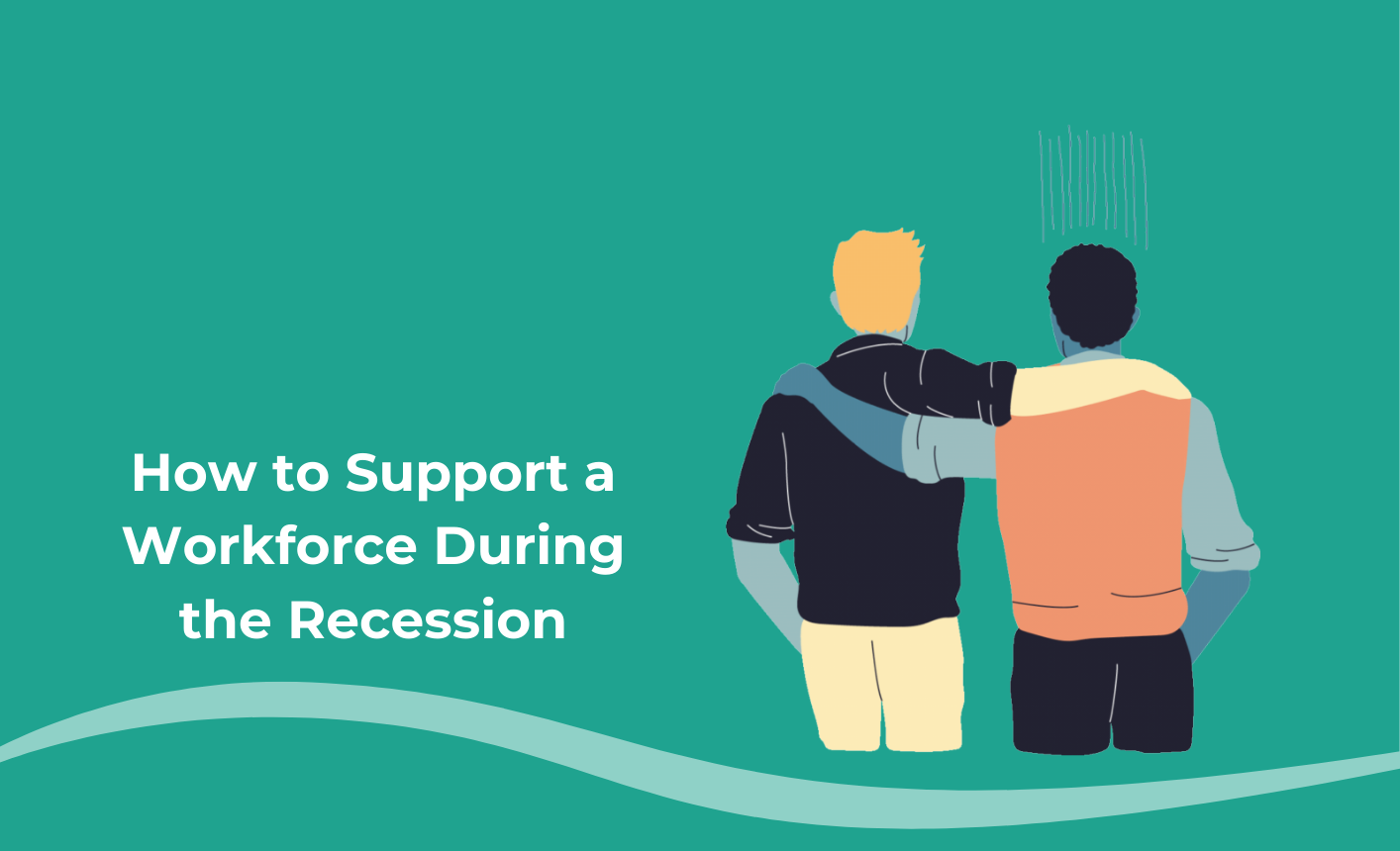Although there is no clear scientific evidence to support the existence of post-holiday depression, there are many who claim to experience it. According to the National Alliance on Mental Illness, 64% of people report being affected by holiday depression, and it’s most often triggered by financial, emotional, and physical stress of the season. But for others, coming down from the high after the ‘most wonderful time of the year’ (and the inevitable return to work) can bring on a bout of the post-holiday blues too.
What does post-seasonal depression look like?
The change in our mood occurs when we get back from a recent break. It also happens during the winter and spring holidays, as well as after the extended summer holidays. When readjusting to everyday life, you might expect some disappointments, in the sense that the energy around you will no longer be happy and relaxed like when you were on vacation.
Post-holiday blues share many of the same characteristic symptoms of an anxiety or mood disorder: insomnia, low energy, irritability, difficulty concentrating, and anxiousness. But unlike clinical depression, the distress is short-lived rather than long-term. Though much greater attention is often given to depression that occurs during the holidays, the condition isn’t all that uncommon.
How can you cope with post-holiday depression?
Having a low mood after a holiday does not mean that you will never be happy, relaxed or rested again. It’s just another daily rhythm to which you have to make a little effort to adapt. With the right practices and patience, you can ease into your usual routine without experiencing the downsides of post-holiday depression.
Adjust your perspective
Instead of thinking that the vacation is over, choose to cultivate gratitude for your time off and for experiencing other things than your daily routine. Analyse the list of priorities and set appropriate deadlines. There are important things that you really cannot do in a few months or maybe weeks or days. Allocate adequate time to important things.
Take your time
It is understandable for a person to feel depressed after a pleasant vacation. Most of the time, a person consumes all his energy on a trip, and when he returns home, he no longer has energy for everyday things.
In the case of trips to regions with a different time zone, it is expected that the biological clock will adjust in a few days. This distorted rhythm results in a number of unpleasant symptoms, including fatigue, headaches, disorientation and poor concentration. It is recommended that after returning from travels, there should be 1-2 additional days of vacation, in which the recovery should take place gradually, at home.
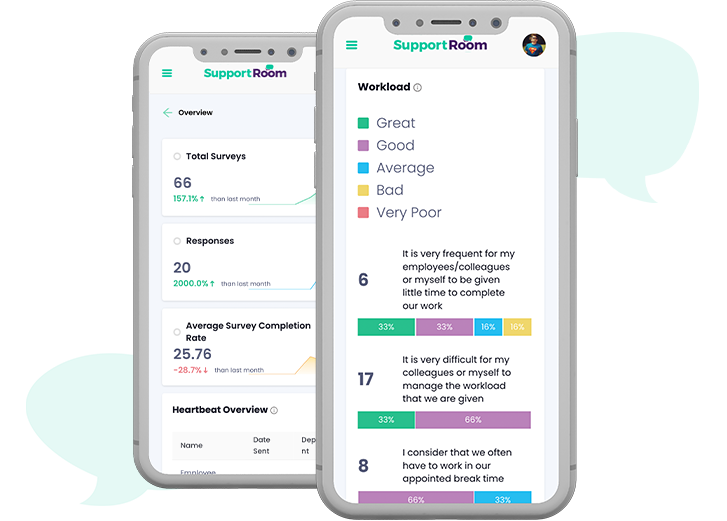
Gain FREE access to Heartbeat
Get a free Heartbeat Survey.
Let us uncover the true state of your team’s wellbeing with a free mental health survey for your entire organisation.
Gain valuable insights to see how you can better support your team’s mental health and performance.
No pitch. No credit card required.
Relish your memories
Studies have shown that one of the easiest ways to recover from post-vacation depression is to create memories from the trip, creatively, such as:
– Printing and framing the photos from the trip;
– Creation of a blog about the trips made;
– Collecting tickets from the places visited, along with pictures;
– Making photo albums or fridge magnets with photos;
– Exhibition of purchased souvenirs.
Take time to yourself
Most people enjoy the vacation because it brings them more time with themselves. But making time for yourself is possible every day, not only during the holidays.
Quality sleep, regular exercise, and a nutrient-dense diet—these healthy lifestyle cornerstones are recommended by experts to boost mood and manage depression symptoms. Between late-night festivities, sugary snacks and long to-do lists, these practices often fall to the wayside during the holiday season. Re-establishing them as a regular and non-negotiable fixture in your routine is essential for getting back on track if you’re struggling emotionally.
Schedule time for fun.
Social interaction is a critical component of enhanced well-being. Now that the holiday parties have petered out, an empty calendar might feel a bit depressing. Filling up your planner with activities you enjoy will give you something to look forward to and help keep the contrast effect at bay. It’s easy to withdraw when you’re feeling down. Reaching out to and getting face time in with friends and other people you care about—even when you don’t feel like it—can also provide a much-needed boost.
Be patient and go easy on yourself.
Post-holiday blues won’t stick around forever. In the meantime, cut yourself some slack. Don’t beat yourself up for feeling the way you do and take the time you need to find your footing. If symptoms do persist, consider consulting a specialist.
Looking after your mental health
We understand that emotional support after a holiday is important. For this reason, our team of psychotherapists are here for you anytime you want to get in touch with someone.
SupportRoom offers flexible mental health support for employees in the form of online therapy, self-help tools, and wellbeing monitoring. Besides, it helps leaders identify mental health trends in the workplace with data-driven insights. This way, you can implement changes and mental health initiatives knowing exactly what’s going on behind the scenes.
You can find out more information about SupportRoom here. Do you want to find out how we can bring mental support to your organisation? Book a call here and let’s get to know each other.

Gain FREE access to Heartbeat
Get a free Heartbeat Survey.
Let us uncover the true state of your team’s wellbeing with a free mental health survey for your entire organisation.
Gain valuable insights to see how you can better support your team’s mental health and performance.
No pitch. No credit card required.

